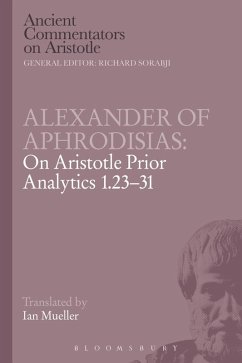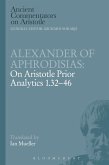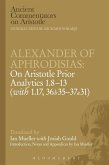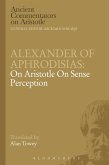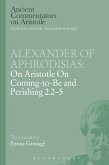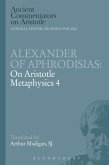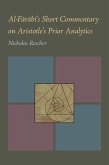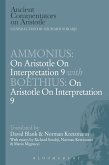In the second half of book 1 of the Prior Analytics, Aristotle reflects on the application of the formalized logic he has developed in the first half, focusing particularly on the non-modal or assertoric syllogistic developed in the first seven chapters. These reflections lead Alexander of Aphrodisias, the great late second-century AD exponent of Aristotelianism, to explain and sometimes argue against subsequent developments of Aristotle's logic and alternatives and objections to it, ideas associated mainly with his colleague Theophrastus and with the Stoics. The other main topic of this part of the Prior Analytics is the specification of a method for discovering true premises needed to prove a given proposition.Aristotle's presentation is sometimes difficult to follow, and Alexander's discussion is extremely helpful to the uninitiated reader. In his commentary on the final chapter translated in this volume, Alexander provides an insightful account of Aristotle's criticism of Plato's method of division.
Bitte wählen Sie Ihr Anliegen aus.
Rechnungen
Retourenschein anfordern
Bestellstatus
Storno

